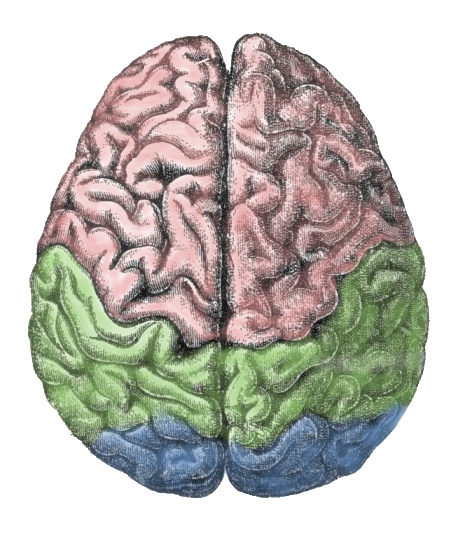During a long time people use the term "Nature vs. Nurture" to compare if a personal trait or ability of a person comes from our genes, or does it form from our environment. Nature meaning genes, and nurture meaning environment. Today i will research intelligence. I think intelligence comes from our genes but if we are not in an environment in which we could use it, it could decrease. Therefore I would consider that intelligence comes partially from one side and partially from the other. 65 percent depends on nature, or our genes, and the other 35 percent depends on nurture, our environment, I would say without doing research.

After doing a long and detailed research I found 6 important bullet points, which I think it is important to quote them; "1. Nature refers to your potential to achieve a certain level of intelligence, 2. Nurture refers to whether your potential intelligence will be developed or inhibited, 3. Feral children show that nurture important in developing intelligence at an early age, 4. Mental stimulation at an early age is needed to fully develop intelligence, 5. Nature and nurture are interactive variables, which results in more than the sum of their parts (intelligence), 6. Intelligence is the result of nature and nurture, and both are needed for intelligence to fully develop." So as we can see, I was very wrong about the fact that nature played a more important role on intelligence than nurture, but now we can say that nurture plays a fairly equal role in intelligence. An example of this is the example of the two brother. They both are raised by the same parents, in the same environment but they later in life choose two different careers. One is a doctor and the other one is a car salesman. Since they were raised in the same environment so the differences in intelligence should be blamed to nature. "However some would argue that these brothers did not have the same environment, as one child may have been given more love and attention than the other. This may then explain why one brother grew up to become more successful than the other." According to psychologist Alfred Adler, believed that the environment in which we are raised as children has a big influence on our intelligence and how we develop it later in life. Therefore, according to this man who proposed the "birth-order" argument, nurture is the most important factor in intelligence.

As you can see, different people think differently and come up with their own conclusions. So this topic is a very expense and complex one. I think there is not, and there will never be a conclusive answer for this debate and all we are left to do is to continue doing researches and experiments that might, with great luck, lead us to a good answer.
Source






